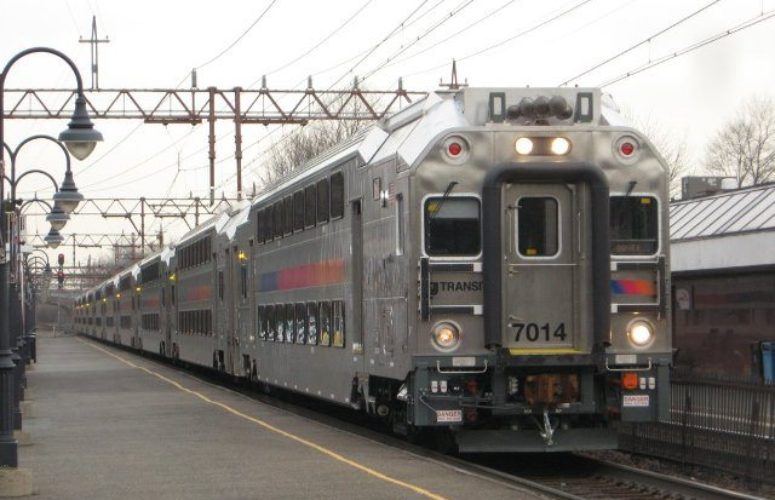
Impacts of Potential NJ TRANSIT Strike
By George N. Saliba, Managing Editor On Mar 11, 2016There have been reports that NJ TRANSIT and its unions may sign a contract today and avert a strike, but, at press-time (4 p.m. EST), this has not occurred.
Overall, NJ TRANSIT Rail Operations had said a systemwide shutdown “would result in the complete suspension of NJ TRANSIT rail service, affecting more than 160,000 customers who ride the system on a typical weekday. In the event of such a stoppage, NJ TRANSIT has developed a contingency plan that would accommodate up to about 38 percent, or about 40,000 seats, of the existing New York-bound customer base.”
The plan includes “adding capacity to existing New York commuter bus routes in close proximity to rail stations, contracting with private carriers to operate bus service from key regional park-ride locations during weekday peak periods, increasing capacity on its three light rail systems, and maximizing use of the available capacity on PATH and ferry service.”
Potential Immediate Impacts
However, David Behrend, communications director, the North Jersey Transportation Planning Authority, tells NEW JERSEY BUSINESS, “As NJ TRANSIT said when it released its contingency plan and held a press conference: You simply can’t replace the entire commuter rail system with other options. There is no way to absorb all those people. So, it clearly is the situation we are facing. … In more general terms, what it really speaks to is: Our transportation system is interconnected and interdependent. What happens on the rails affects what happens on the roads, and vice versa. We can certainly anticipate that roads will be more congested, there will be heavier ridership on the buses and other, related impacts.”
Martin Robins, director emeritus, Alan M. Voorhees Transportation Center, Rutgers University, tells NEW JERSEY BUSINESS, “The backups at the Lincoln Tunnel are going to be monumental. We sometimes hear about one-hour delays; I think that could be a small part of what you see on Monday. And I think if I were conducting the negotiations, I would be very much aware of the fact that Governor Christie’s own people are telling him that the rail system cannot be duplicated – and that throws things into a tizzy, here.”
Of note, businesses in Newark and Jersey City may be acutely affected, because some of their employees reverse-commute from New York City.
Behrend adds, “What my organization – the North Jersey Transportation Planning Authority – is really trying to encourage is for people to try to carpool, if at all possible; if there are arrangements that can be made through their employer, that can help. We also have initiated a website called njrideshare.com. It allows people to sign up and find ride matches, online, directly. While it is all privacy protected, it does allow for people to reach out to other travelers who have made themselves available, to try to form carpools. That is live, and we encourage people to try to use that to find ridesharing options, so that we can hopefully keep some additional cars off the road, in the event of a strike.”
Potential Long-Term Impacts
Regarding potential long-term impacts, Robins says, “If a strike starts, a lot of real estate contracts may not come to fruition, that otherwise might. People will say, ‘Gee, I am not going to buy a house in Westfield, Summit, or Princeton – until I know for sure that this thing is over. I don’t want [to do this in] three years, because this contract is not going to have a long tenure.’ This contract is only about a maximum of two years.
“I think [the potential strike] is a very unsettling thing, and works against the grain of the loyalty that NJ TRANSIT has tried to build in its ridership, and people’s settled expectations that railroad is visible, it’s there, you can count on it, and it’s part of your investment in your home.”
Related Articles:





